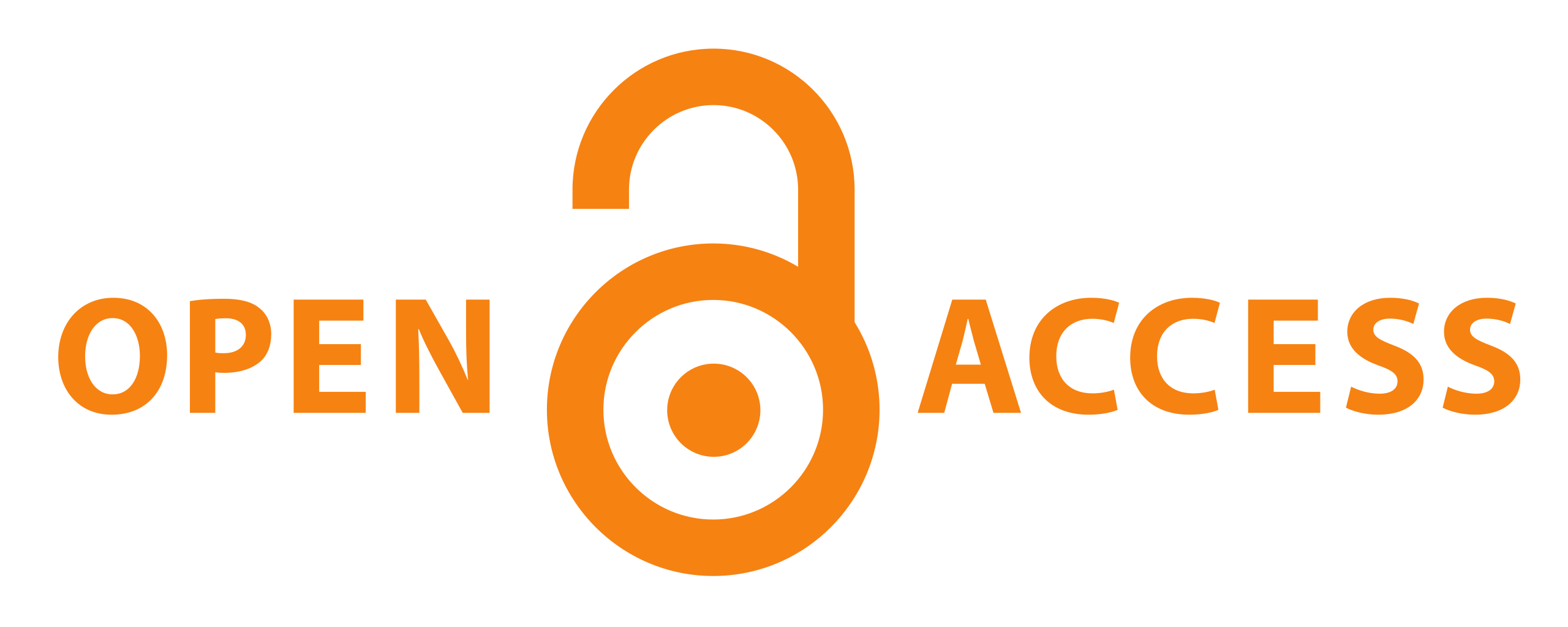Creating working quality through effective leadership, implementation of organizational culture, condusive working enviroment, communication skill, and technology support (Research on several companies/agencies in Jabodetabek)
DOI:
https://doi.org/10.55942/ccdj.v5i1.655Keywords:
Creating working quality, effective leadership, organizational culture, cohesive working environment, technology supportAbstract
This study examined the creation of work quality through the influence of effective leadership, organizational culture implementation, a conducive work environment, communication skills, and technology support. This research was conducted in several companies and agencies within Jabodetabek, involving employees across job levels, including Administrators, Officers, Assistant Managers, Managers, Senior Managers, and Directors. Data were collected via questionnaires distributed through Google Forms to the 97 respondents. Employing a quantitative approach, the analysis included validity, reliability, and classical assumption tests such as multicollinearity, normality, heteroscedasticity, autocorrelation, and determination tests. The results confirmed that all the data were valid (r > 0.312) and reliable (Cronbach’s alpha > 0.60). Multicollinearity was absent, as all variance inflation factor (VIF) values were below 10 with a tolerance above 10%. The data were normally distributed, and no heteroscedasticity was observed. Both partial and simultaneous tests indicated that the five independent variables positively influenced creative work quality, as evidenced by the significant t-tests, F-tests, and determination coefficients. The coefficient of determination showed contributions of 0.7% from Effective Leadership, 36.1% from Organizational Culture Implementation, 21% from a conductive work environment, 34.1% from Communication Skills, and 31.1% from Technology Support, with a combined influence of 47.9%. A Durbin-Watson value of 2.291 (>2) indicated no positive autocorrelation, but the results suggested a negative autocorrelation. Overall, the study concludes that effective leadership, strong organizational culture, supportive environments, communication skills, and technological integration significantly enhance creative work quality in the Jabodetabek corporate context.
References
Ade Onny Siagian, et al. (2021). Leadership in the digital era. Solok, West Sumatra: Insan Cendekia Mandiri Group CV Insan Cendekia Mandiri.
Agus Rihu, & La Ode Marhini. (2022). Culture of compliance with tuberculosis patients with doctor's prescriptions in Kendari City. Formosa Journal of Applied Sciences.
Albin Tabun, et al. (2023). Business risk management in the digital era: Theory and conceptual approach (1st ed.). West Lombok: Seval Literindo Kreasi (SEVAL Publisher), Member of IKAPI.
Ambar Teguh Sulistiyani. (2008). Professional leadership: Leadership games approach (1st ed.). Yogyakarta: Gava Media.
Cahya Purnama Asri. (2019). Business communication: For students and the general public. Yogyakarta: PT Pustaka Baru Press.
Danang Sunyoto. (2009). Regression analysis and hypothesis testing (1st printing). Yogyakarta: Media Pressindo.
Danang Sunyoto. (2012). Human resource management (1st ed.). Yogyakarta: Center for Academic Publishing Service (CAPS).
Dhe Septiana Putri, et al. (2021). Analysis of factors affecting the quality of work of employees in the Security & Transportation Sub-Division of the Indonesian Ministry of Agriculture. Journal of Business Management, Economic, and Accounting National Seminar, 2.
Fred R. David. (2004). Strategic management: Concepts (9th ed.). Jakarta: PT Indeks Penerbit Grup Gramedia.
Gilang Bagus Fadlan, & Agustinus Setyawan. (2024). Factors affecting the quality of work of state-owned banking employees in Batam City. Journal of Economics, Business, and Management (ECOBISMA).
Hairul. (2020). Risk management. Yogyakarta: Deepublish Group Publishing CV Budi Utama.
Jon Effendi. (2020). The influence of organizational culture and work environment on employee performance through leadership in the corporate security unit of PT Garuda Indonesia (Persero) Tbk. Jurnal Ekbang, 3(1).
Kartini Kartono. (2011). Leaders and leadership: What is abnormal leadership? (18th ed.). Jakarta: PT Raja Grafindo Perkasa.
Kusmulyono, M. S., & Endaryono, T. (2018). The power of vision and mission in guiding the strategic direction of Lebon MSMEs. Seminar on Community Service Results.
Mudjiono Said. (2008). Corporate culture (2nd ed.). Jakarta: Cintaya Press.
Muhammad Haiqal Setiawan, Rachman Komarudin, & Desiana Nur Kholifah. (2022). The influence of trust, appearance and promotion on marketplace application selection decisions. Infortech Journal, 4(2).
Nevizon Chatab. (2007). Organizational culture profile: Diagnosing culture and stimulating its change. Bandung: Alfabeta Publisher.
Ricky Marcelino Chandra. (2023). Communication factors that Generation Z needs to have in preparing for a career. Student Research Journal, 1(3).
Rizawati. (2022). Improving communication skills and student learning outcomes through scientific learning by utilizing infographic media. Journal of Technology-Assisted Educational Innovation, 2(1).
Sudaryono. (2018). Research methodology (1st ed., 2nd printing). Depok, West Java: Rajawali Pers.
Suharsono. (2012). Basic knowledge of organizations: Basic concepts, theories, structures, and behavior (1st ed.). Jakarta: Atmajaya University Publisher.
Taufik Bahaudin. (2022). Organizational culture transformation. Yogyakarta: Lautan Pustaka Group Andi, Member of IKAPI.
Timothy Agustian Berutu, et al. (2017). The influence of digital technology on the development of modern business. Journal of Computer Science and Information Technology, 2(3).
Tri Hendro Sigit P. (2012). Modern business ethics: Stakeholder approach (1st ed.). Yogyakarta: STIM YKPN Publishing and Printing Unit.
V. Wiratna Sujarweni. (2016). Complete analysis of accounting research with SPSS complete edition. Yogyakarta: Pustaka Baru Press.
Downloads
Published
How to Cite
Issue
Section
License
Copyright (c) 2025 Muchtamim Muchtamim

This work is licensed under a Creative Commons Attribution 4.0 International License.



















